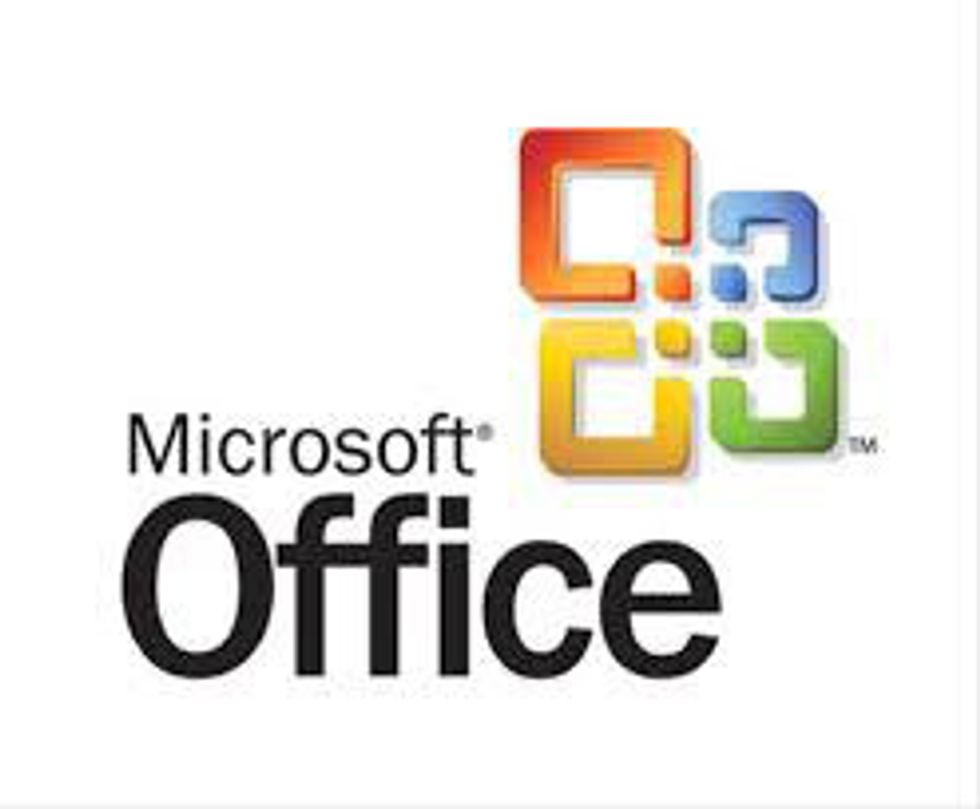Summer can be the best of times or the worst of times. Whether you will spend these next few months behind a desk or on the couch, take advantage of this “down time” to find and develop some resume builders. Looking over your resume, maybe you put “proficient in excel” when you really meant, “I took a computer class in eighth grade that taught me the basics,” or maybe you exaggerated how many hours you spent volunteering two summers ago. Either way, this summer is a chance to learn new skills and make yourself a better candidate for future job positions. So while “can watch 100 hours of Netflix in one week” is certainly impressive, try to channel this relaxation time into new knacks. And who knows, maybe you will find yourself a new hobby.
1. Taking Pictures/Videos
Do not worry about what kind of camera you have, just get out there. This is one skill that can quickly turn into a hobby. Take advantage of the summer beauty to capture some cool shots, and if some of them turn out to be good enough to add to a portfolio, great! If not, at least you spent some time exploring instead of watching TV.
2. Photoshop/InDesign
After you have taken some pictures, learn how to make them even better through editing. Simply playing around on these programs can enhance your design and editing skills. Channel your creativity, and even if your field of interest does not include photography, web design, advertising or marketing, a finished, professional product is great to add to a portfolio. The best part? It can be self-taught. There are hundreds of YouTube videos and websites dedicated to helping users manipulate these programs. The possibilities are endless.
3. Video Editing
In the same vein as Photoshop or InDesign, video editing tutorials have a large Internet presence. Depending on what computer you use, there are many different types of software dedicated to video development. And again, even if your field of interest does not necessarily have a need for this proficiency, a baseline knowledge looks good on a resume and can come in handy for any presentation or project.
4. Writing
Whether or not you consider yourself a “writer,” spending a few minutes writing every day can help you express your thoughts and ideas. A large part of being a professional is the ability to convey your ideas in a comprehensive and concise manner. Honing the skill of writing will help your communication and expression.
5. Coding
While this may be one of the more time-consuming skills, it certainly can have a huge payoff. If you have an interest in web and application development, coding can be quite handy. Learning to code in Java is usually the easiest for beginning coders to find their footing in computer programming. Thousands of online tutorials will help you use HTML and CSS languages to make websites.
6. Learning/Practicing a New Language
Although this “skill” can take years to learn, summer is a great time to start. Downloading applications onto your phone or even taking classes at a local library or center introduces you to a new language and culture. It is certainly a great way to spend your extra energy this summer. And if you have already started studying a new language, summer is a great time to get ahead and perfect what you have already learned.
7. Volunteering
Taking some time to volunteer each week or month is not only a great resume-builder, but it is also a fulfilling way to spend your time. Whether it is working at a retirement home or being a mentor for the Boys & Girls Club, volunteering can get you off the couch and help those around you.
8. Organization/Scheduling
Although you may not be as busy during the summer months as you are during the school year, taking time to plan out your daily, weekly and monthly schedule is an important skill to have. And while this skill may not be explicitly mentioned on your resume, your employer will certainly appreciate your ability to keep an organized workflow and a tight schedule.
9. Microsoft Office
And of course, no list would be complete without a mention of the Microsoft Word, PowerPoint and Excel applications. And before you write them off under “skills I already have,” take some time to challenge yourself to find new and interesting ways to use these programs. By taking the extra step to learn more, you can distinguish yourself from other applicants.
If you skimmed through this article, here are some of the highlights:
1. Using your free time in the summer can help you as an applicant and an employee.
2. The Internet provides an endless supply of learning material. Want to learn a new skill or how to use a certain application/program? Look it up!
3. Do not be afraid to try something new. Create a project for yourself. Spend some time learning what you like to do. Your development of new skills may even bring you closer to finding your true passions.
This is the first article in the "Skills for the Summer" series. Look for next week's article addressing some activities for the summer that will help add to your skill set on a more personal level.

















 The minimum wage is not a living wage.
StableDiffusion
The minimum wage is not a living wage.
StableDiffusion
 influential nations
StableDiffusion
influential nations
StableDiffusion












